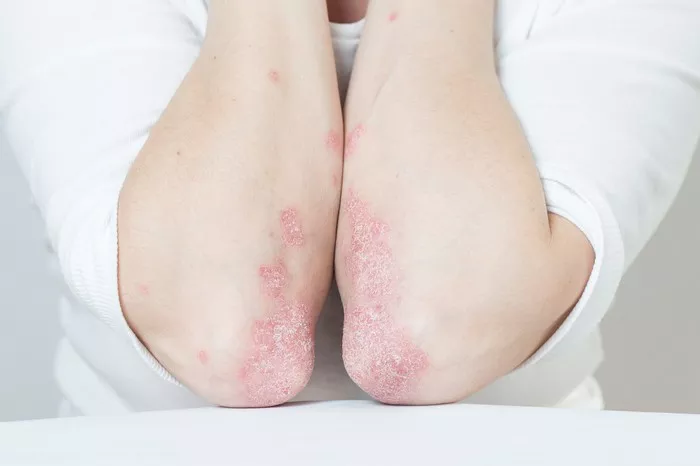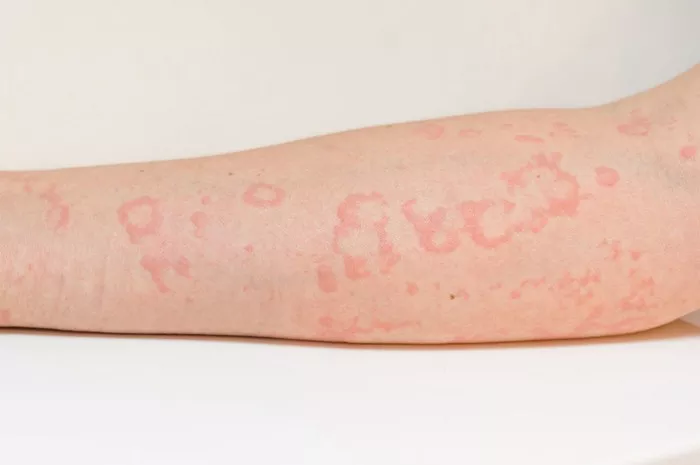Eczema, a chronic skin condition characterized by inflammation and irritation, affects millions worldwide, causing discomfort, itchiness, and even pain. Among the many symptoms, itching stands out as one of the most distressing aspects for individuals battling this condition. The relentless urge to scratch not only exacerbates skin inflammation but also disrupts daily activities and quality of life. However, managing eczema-related itching is possible with the right approach. In this comprehensive guide, we delve into effective strategies to alleviate itching from eczema, offering insights into various remedies, lifestyle adjustments, and medical interventions.
Understanding Eczema and Its Itch-Inducing Mechanisms
Before delving into solutions, it’s crucial to grasp the underlying mechanisms that trigger itching in eczema patients. Eczema, also known as atopic dermatitis, involves a complex interplay of genetic, environmental, and immunological factors. Disruptions in the skin barrier function, coupled with immune system dysregulation, contribute to heightened sensitivity and inflammation in response to triggers like allergens, irritants, and stressors.
The itchiness experienced in eczema stems from several factors, including:
1. Skin Barrier Dysfunction: In eczema patients, the skin’s protective barrier is compromised, allowing moisture loss and penetration of irritants. This impaired barrier function heightens skin sensitivity and triggers itchiness.
2. Inflammatory Mediators: Elevated levels of inflammatory mediators, such as histamine, interleukins, and prostaglandins, contribute to itching by stimulating nerve endings in the skin and amplifying the itch-scratch cycle.
3. Neuronal Activation: Nerve fibers in the skin become hypersensitive in eczema, leading to exaggerated responses to itch-inducing stimuli. This neuronal activation further intensifies the itching sensation.
Given these underlying mechanisms, effective itch relief involves addressing both the inflammatory processes driving eczema and the sensory pathways responsible for transmitting itch signals to the brain.
Holistic Approaches to Relieve Eczema-Associated Itching
Managing eczema-related itching requires a multi-faceted approach encompassing skincare practices, lifestyle modifications, and, in some cases, medical interventions. Here are some holistic strategies to alleviate itching and improve overall skin health in eczema patients:
1. Moisturize Regularly:
Keeping the skin well-hydrated is paramount in managing eczema-associated itching. Emollients and moisturizers help repair the skin barrier, reducing moisture loss and preventing irritants from penetrating the skin. Opt for fragrance-free, hypoallergenic moisturizers containing ingredients like ceramides, glycerin, and hyaluronic acid, which replenish moisture and soothe inflamed skin.
2. Avoid Triggers:
Identifying and avoiding triggers that exacerbate eczema can significantly reduce itching episodes. Common triggers include harsh soaps, fragrances, certain fabrics, environmental allergens (such as pollen and pet dander), and stress. Keep a diary to track flare-ups and pinpoint potential triggers, then take proactive steps to minimize exposure.
3. Gentle Cleansing:
Use mild, non-irritating cleansers and avoid hot water when washing the affected areas. Harsh soaps and hot water can strip the skin of its natural oils, exacerbating dryness and irritation. Opt for soap-free cleansers or those specifically formulated for sensitive skin, and limit bathing or showering to short durations.
4. Topical Treatments:
Over-the-counter and prescription topical medications play a crucial role in managing eczema-related itching and inflammation. Corticosteroid creams or ointments help reduce inflammation and relieve itching, but long-term use should be monitored due to potential side effects. Additionally, topical calcineurin inhibitors, such as tacrolimus and pimecrolimus, are effective in controlling eczema flare-ups and can be used in sensitive areas like the face and neck.
5. Cold Compresses:
Applying cold compresses or ice packs to itchy skin can provide immediate relief by numbing nerve endings and reducing inflammation. Wrap ice packs in a soft cloth to prevent direct contact with the skin and limit application to 10-15 minutes at a time to avoid frostbite or skin damage.
6. Antihistamines:
Oral antihistamines can help alleviate itching and promote better sleep by blocking the effects of histamine, a key mediator of itchiness in eczema. Non-drowsy formulations are available for daytime use, while sedating antihistamines may be preferred at night to aid sleep and reduce nighttime scratching.
7. Stress Management:
Psychological stress can exacerbate eczema symptoms and trigger itching episodes. Incorporate stress-reduction techniques such as mindfulness meditation, deep breathing exercises, yoga, or tai chi into your daily routine to promote relaxation and emotional well-being. Counseling or therapy may also be beneficial in learning coping strategies for managing stress and improving overall quality of life.
8. Dietary Modifications:
Some eczema patients find relief from itching by making dietary changes and avoiding potential trigger foods. Common culprits include dairy, gluten, eggs, nuts, and certain additives or preservatives. Consider keeping a food diary to track symptoms and identify any patterns between your diet and eczema flare-ups. Consult with a healthcare professional or registered dietitian for personalized dietary recommendations and guidance.
9. Wet Wrap Therapy:
Wet wrap therapy involves applying moisturizer or medicated creams to the skin, followed by a layer of damp bandages or clothing, and then a dry outer layer. This technique helps lock in moisture, enhance the absorption of topical medications, and provide soothing relief from itching. However, wet wrap therapy should be performed under medical supervision to ensure proper technique and prevent complications.
10. Phototherapy (Light Therapy):
In cases of severe or recalcitrant eczema, phototherapy may be recommended as a therapeutic option. Phototherapy involves exposing the skin to controlled doses of ultraviolet (UV) light, which helps suppress inflammation, reduce itching, and promote healing. UVB phototherapy and PUVA (psoralen plus UVA) are the two main types of phototherapy used for eczema treatment and are typically administered under medical supervision to minimize risks and optimize outcomes.
Conclusion
Eczema-related itching can significantly impact the quality of life for affected individuals, but effective management strategies can provide relief and improve overall skin health. By adopting a holistic approach that addresses the underlying causes of itching, incorporates proper skincare practices, lifestyle modifications, and, when necessary, medical interventions, eczema patients can experience significant reductions in itching frequency and severity. However, it’s essential to consult with a healthcare professional for personalized treatment recommendations tailored to your specific needs and medical history. With dedication, patience, and a proactive approach to skincare, eczema sufferers can regain control over itching and enjoy healthier, more comfortable skin.

























